Have you ever had to think carefully before making a judgment or decision?
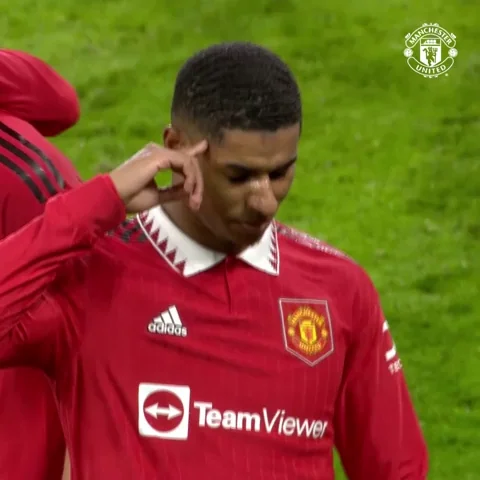
Asking "What am I missing?" can sharpen your mind and increase your confidence in your choices. It's more than a question — it's a process that can improve your critical thinking skills.
What are critical thinking skills? 💭
Critical thinking skills are "self-directed, self-disciplined, self-monitored, and self-corrective thinking."
It is about looking at things carefully and asking the right questions, helping you:
Understand information better.
Find blind spots.
Consider different perspectives.
Make better decisions.
How do you practice critical thinking skills? 📋
Let's practice "What am I missing?", a 5-step activity that helps you think critically and discover overlooked areas of your thinking.
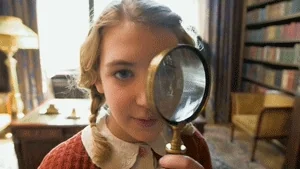
Whether you're solving a problem, planning a project, or analyzing a situation, this critical thinking skills activity:
Helps you see the bigger picture.
Leads to smarter decisions.
1. Choose the scenario 🎬
First, start by choosing a scenario to use for the "What am I missing?" activity.
Use the activity for situations that need careful evaluation. This is when there are multiple factors for decision-making, which requires critical thinking skills.
While critical thinking helps us find the most efficient solution, it does not have to be used in all situations.
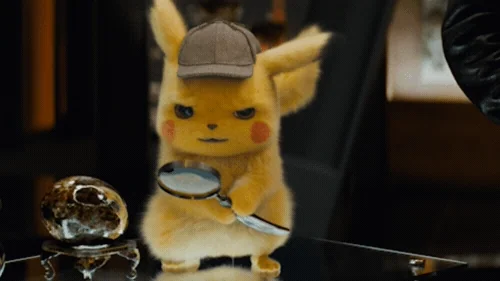
When you need critical thinking skills ✔️
Choosing a college or career: Consider what you love, future job options, costs, and what’s best for your goals.
Managing your allowance: Decide how much to spend, save, and plan for things you want in the future.
Deciding which volunteer opportunity to join: Consider what cause matters to you, how much time you can commit, and what skills you can gain.
When DON'T need critical thinking skills ❌
Following a simple recipe: Follow the steps and let the recipe do the work.
Choosing an outfit for a regular day: Go with whatever feels comfy or matches your vibe.
Paying for a snack at a fixed price: No need to debate — pay and enjoy your snack.
Practice your critical thinking skills! 📝
Choose the situation below in which critical thinking skills are most needed.
A. Choosing whether to go to college or take a gap year.
B. Picking a random snack from the pantry to eat because you're hungry.
C. Choosing what to wear to school based on the weather forecast.
D. Deciding whether to go for a run outside or stay in and relax after a busy day.
Quiz
Choose your answer!
2. List what you know 📋
Once you picked the scenario, list the information you already know.

This step helps you gather the facts you need before making a decision. Here is the checklist you can refer to when you list what you know:
What is the decision about? 🔍
What are my needs and goals? 🎯
What are the pros & cons of this decision? ⚙️
What is my budget or resources? 💰
Are there any alternatives? 🔄
Example
Jane is deciding whether to attend college or take a gap year. She lists all the information she knows.
The decision: Going to college now or taking a year off
Needs and goals: Time to explore interests vs starting career sooner
Pros & cons:
(College) Pros: Start degree sooner vs. Cons:High costs
(Gap year) Pros:Explore interests vs. Cons:Lose study habits
Budget: $15,000
Alternatives: Take online courses, work and study part-time
3. Dive deeper with “What am I missing?” 🤷
Review your list from step 2. Then ask yourself, "What am I missing?"
This is like hitting pause to think deeper and spot hidden details you might’ve skipped.
Ask yourself these questions:
What assumptions am I making? 🤔
What questions haven’t I asked yet? ❓
What information or perspectives might I be overlooking? 🔍
Are there gaps between what I know and what I need to know? 🧩
Get curious and challenge your first thoughts. By finding those missing pieces, you can make smarter choices and learn in a way that sticks with you!
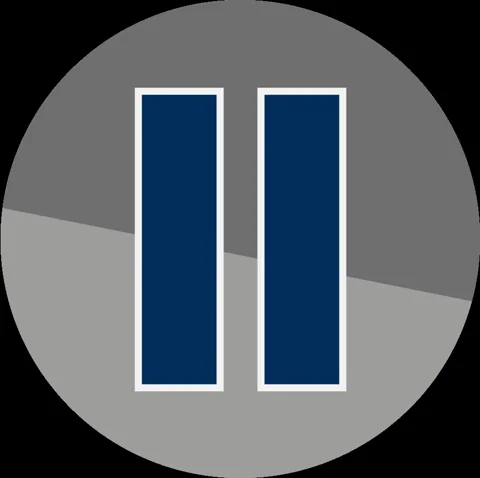
Example
Jane asks herself, "Should I attend college or take a gap year?" 🤷♀️
This is the list of what she knows:
The decision: Going to college now or taking a year off
Needs and goals: Time to explore interests vs starting career sooner
Pros & cons:
(College) Pros: Start degree sooner vs. Cons:High costs
(Gap year) Pros:Explore interests vs. Cons:Lose study habits
Budget: $15,000
Alternatives: Take online courses, work and study part-time

This is the list of questions she generated:
How will this choice affect my career options later?
Am I considering how my interests might change over time?
Am I considering how I’ll stay motivated during a gap year?
Are there unique opportunities available now that won’t be later?
4. Ask someone else 👥
Asking others can improve your critical thinking skills by giving you meaningful insight!
Here's how to do it:
Choose who to ask: Pick people who are well-informed about what you’re asking
Share effectively: Express your ideas easily for others to understand
Ask for constructive feedback: Be open to feedback, even if it feels surprising!
Check out this Byte to learn how to ask for feedback.
 Photo by Vitaly Gariev on Unsplash
Photo by Vitaly Gariev on UnsplashLet's practice! 📝
Jane is deciding on whether to attend college or take a gap year. She asks herself, "Who should I ask for help?" 🤷♀️
Choose the best option below for Jane:
A. College advisor: Ask which colleges have the highest rankings.
B. Gap year mentor: Ask what travel destinations are most exciting.
C. Family member: Ask if they think college is a waste of time.
D. Recent graduate: Ask how their choice worked out and what they learned from it.
Quiz
Who should Jane should ask for help?
5. Reflect on Your Experience 🤔
Connect insights from steps 3 and 4 into actionable steps. This way you feel more confident that your decisions are well-rounded.
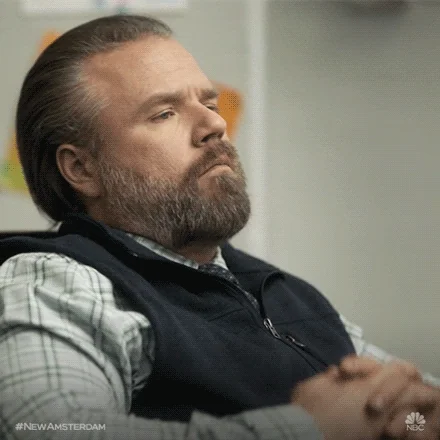
You can think about...
What new insights did you gain by asking, “What am I missing?” 💡
How did input from others improve your understanding? 🤔
What new steps will you take? 🏃♀️
How can you apply this process to future challenges? 🔮
Take Action
Remember, uncovering blind spots makes you a stronger thinker.
Keep asking, “What am I missing?” and use input from others to sharpen your perspective!
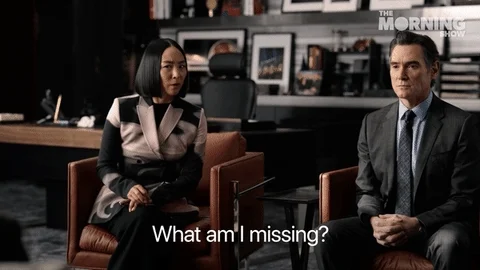
Use this checklist whenever you want to improve your critical thinking skills!
Your feedback matters to us.
This Byte helped me better understand the topic.
